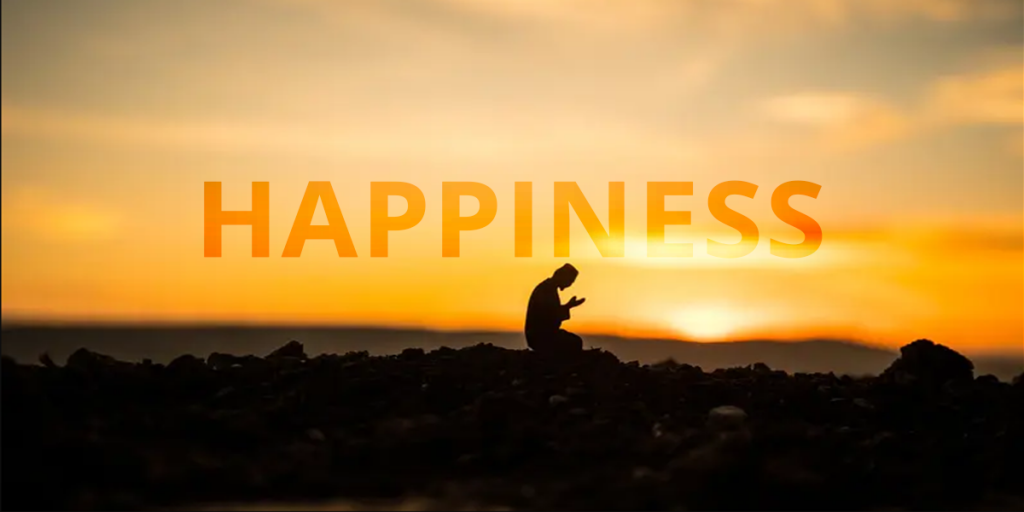Forgiveness
It is safe to say that we have all been there, on both sides of the coin: asking for forgiveness and/or being forgiven. But in situations where one finds themselves having to do both the asking and forgiving is somewhat of a double harvest in the long run. Such was the case last year during the last 10 days of the holy month and during everyone’s first stint of a lockdown. I came to stand at a turn in the street where I could not possibly go back as what was done was irreversible, and moving forward required a solution to get my feet out of the wet cement I found myself in. The only action to take, to contend with the guilt and self-reproach of such an irrevocable action, was to first beg for forgiveness as a way of cleansing such feelings.
The Fourth Caliph of the Ahmadiyya Muslim Community, Mirza Tahir Ahmad (may Allah have mercy on Him) explains in a Friday sermon dated March 12th, 1993:
“God’s Bounty will descend upon man only when his heart is clean. A cloth is dyed in colour only after it is washed thoroughly. No colour permeates into filthy cloth.”1
Thus, the logical first step is to seek forgiveness from God Almighty, and to empty the heart of such feelings. This is the same God Almighty whose name is also the Most Forgiving, whereby the attributes of forgiveness and mercy have been mentioned over 90 times in the Holy Quran itself.2 Furthermore, Allah Almighty states in the Holy Quran,
“Say, O My servants who have committed excesses against their own souls, despair not of the mercy of Allah, surely Allah forgives all sins. Verily, He is Most Forgiving, Merciful.”3 (39:54)
In doing so, the regret of such act was at the forefront of my mind. In fact, it was so deep rooted that coupled with disappointment and anguish it covered every iota of my heart to the point that tears could not be controlled at the thought of it. Moments like these compelled me to take responsibility of the situation and remove any ideas that may have been linked to it.
The Second Caliph, Mirza Bashiruddin Mahmud Ahmed (may Allah be pleased with him) explained the various steps one should take while seeking forgiveness in a speech at the Annual Convention in Qadian on March 16th, 1919. One such step is that God Almighty has set forth the condition that one must remove the pain that was caused and seek forgiveness from those that he or she has wronged.4 Unfortunately, to ask forgiveness from the person who was truly wronged was not possible, as they were no longer with me. However, other shortcomings did come to mind and I went about seeking the forgiveness of such victims, in the hope that they would overlook such faults.
To commit the act again is unfathomable. To hope that others would keep themselves away from this act and its guilt-ridden aftermath was and still is a wish. In terms of moving forward while my feet are fixed in the cement as it dried, the only solution was to walk forward without the shoes. Such was the solution of being able to forgive and let go of the harnessed feelings. The empty shoes serve as a reminder of the ability to carry oneself forward despite the thinking of how lodged one might be.
References:
- Ahmad, Frasat. 7 steps to achieve Lailatul-Qadr, the Night of Destiny: https://www.alhakam.org/7-steps-to-achieve-laylatul-qadr-the-night-of-destiny/. May 16, 2020. Accessed May 8, 2021.
- Kang, AqeelHope for a believer in the forgiveness of God: https://www.alhakam.org/hope-for-a-believer-in-the-forgiveness-of-god/. April 23, 2021. Accessed May 8, 2021.
- The Holy Quran. Al Islam: http://www.alislam.org/quran/app/39:54. Accessed April 26, 2021.
- Ahmad, Frasat. 7 steps to achieve Lailatul-Qadr, the Night of Destiny: https://www.alhakam.org/7-steps-to-achieve-laylatul-qadr-the-night-of-destiny/. May 16, 2020. Accessed May 8, 2021.





